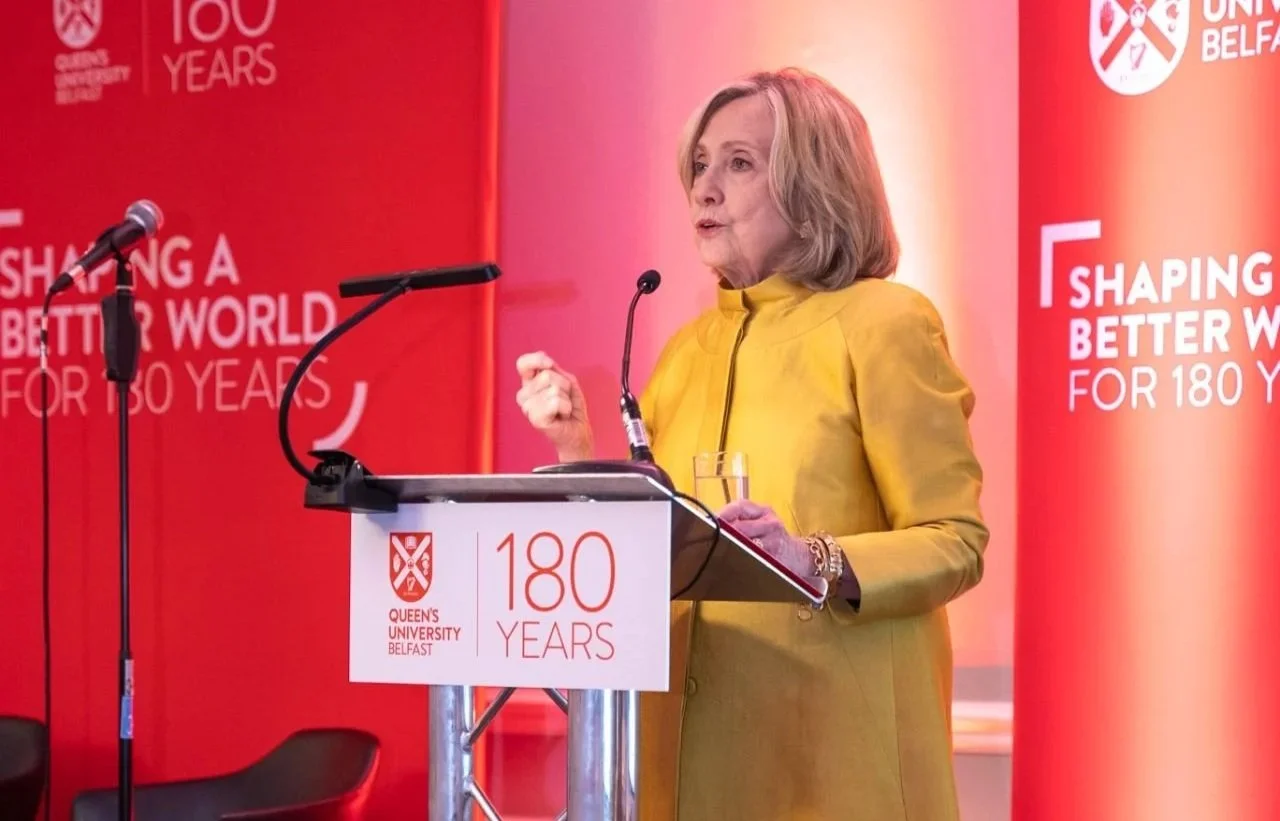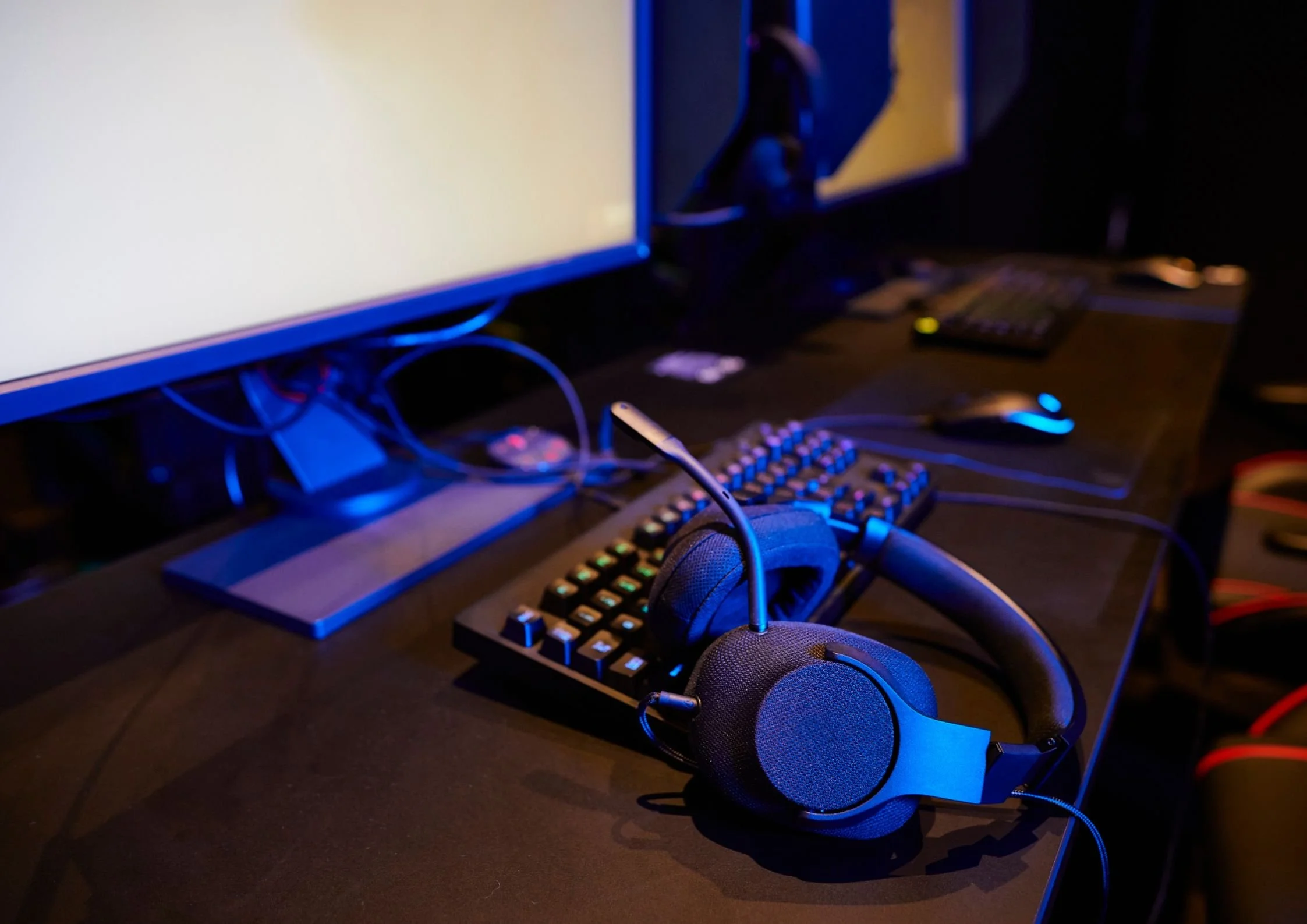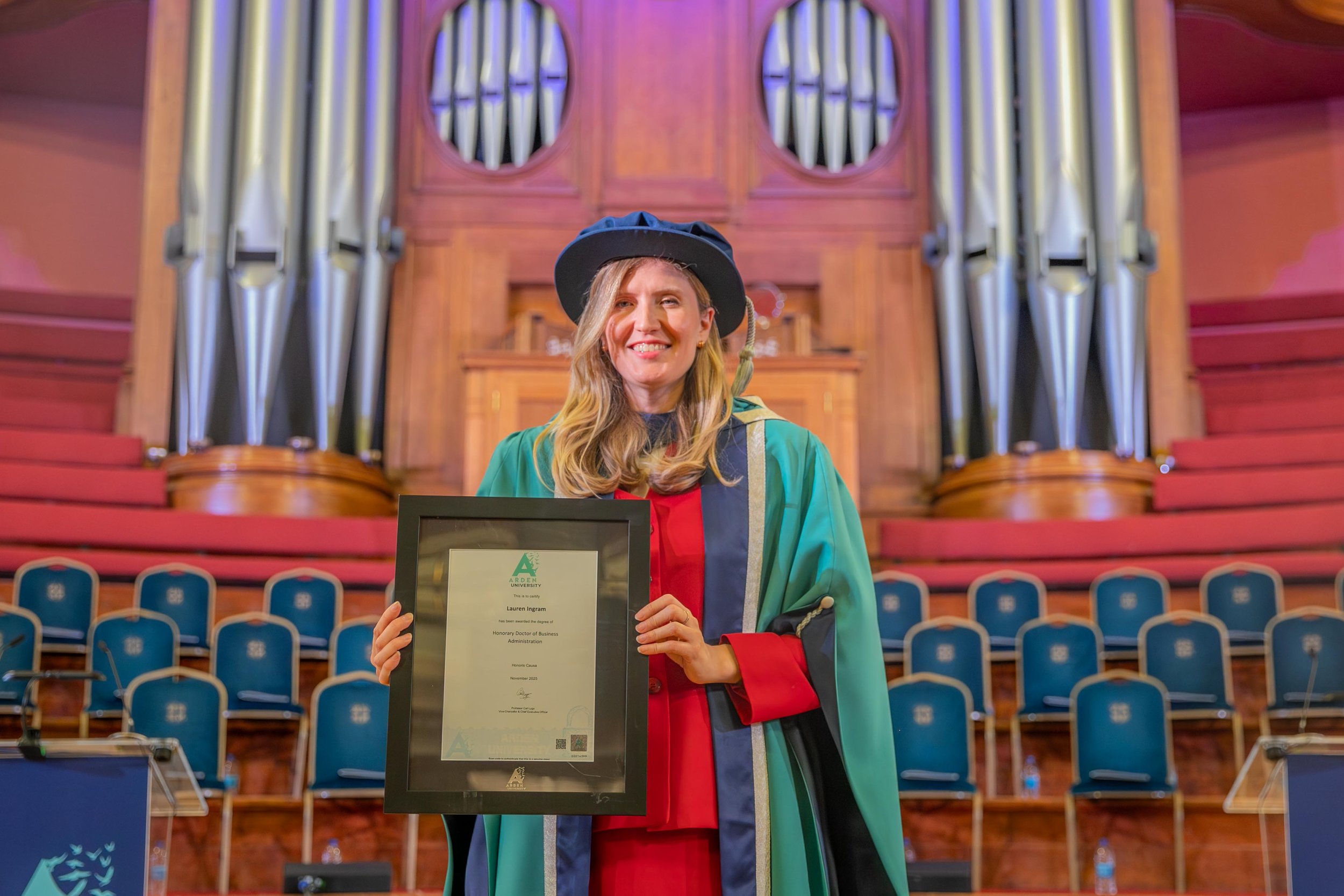Is edutwitter's golden era over? ETIH’s Editor Emma Cate Stokes reflects on the changing landscape of the teaching community on X
ETIH's Editor, Emma Cate Stokes, opens up about the evolving landscape of the teaching community on X (formerly known as Twitter), reflecting on whether the golden days of edutwitter are truly over.
As I scroll through my timeline on X, I can’t help but feel a deep unease that has been growing over the past year. What was once a vibrant community of educators, lovingly dubbed #edutwitter, now feels like a shadow of its former self.
Many teachers have left the platform, driven away by the sweeping changes introduced since Elon Musk took the helm and rebranded it. Once a haven for shared knowledge, camaraderie, and professional growth, the platform now feels increasingly hostile and unsafe.
This feeling came to a head for me recently during the far-right riots in the UK. The riots were terrifying in themselves, but what disturbed me even more was the role X played in fueling the flames. Comments and incitements were given a platform—comments that shouldn’t have seen the light of day. Not least among them were those from Musk himself, who casually tossed out statements like the UK was heading for a civil war.
The gasoline was poured, and the fire spread. Figures like Lawrence Fox and Tommy Robinson spewed hate speech, and ordinary users felt emboldened to post horrific things like asylum seekers should be burned alive. As I watched this unfold, I began to wonder—by staying on this platform, am I complicit in all of this?
It’s not a question I ask lightly. Leaving X would be incredibly sad for me. For several years, it was more than just a social media platform; it was a community. #edutwitter was a space where I learned so much about teaching, connected with colleagues, and even launched my online conference, Primary Essentials, all because of the relationships I built there. Most importantly, I made real-life friends—close friends with whom I know I will be in touch forever. Leaving this behind feels like losing a piece of myself, a piece of my career, and a piece of the world that I’ve built.
But these days, that sense of community feels increasingly threatened. Just recently, I tweeted what I thought was an innocent question—asking teachers what they were looking forward to as they headed back to school in September.
The backlash was immediate and surprising. Teachers who weren’t starting in September were outraged, with some responding angrily and others quote-tweeting their fury. When did a simple question turn into a trigger for outrage? And why does it seem that people are more prone to rude, angry responses now than ever before? Is it because this behaviour has been normalised on X?
Beyond that, I’ve noticed a darker shift. When the far-right riots were happening, I tweeted that I was thinking of the Muslim community who might be feeling scared. The response was appalling. I was flooded with hate—people who didn’t even follow me, mostly white men, calling me a “race traitor,” the c-word, and other unprintable slurs. I blocked the people in questions and hid the replies so others wouldn’t have to see the vitriol but why should I have to go through that in the first place? When did what was once a safe space for educators become this cesspool of hatred?
It’s not just me feeling this way. While data from Teacher Tapp shows that over half of teachers are still using X for work or social purposes, the cracks are showing. 10% of teachers have moved to Threads, 4% are on Discord, and 2% have joined BlueSky. LinkedIn and Facebook are still the most popular among the more established platforms.
I’ve joined Threads and BlueSky myself, and while I’ve enjoyed them, it’s not the same. There was something truly special and unique about Twitter in its prime. But are those days over?
So, here I am, caught in a dilemma. Should I stay or should I go? Staying feels like clinging to something that’s already lost its magic, but leaving feels like abandoning a community I’ve cherished.
I wish I had the answers, but for now, I’m taking it one day at a time, hoping that the platform I once loved can somehow find its way back to being a space where educators can connect, learn, and grow—without the noise of hate and anger drowning out everything else.





















